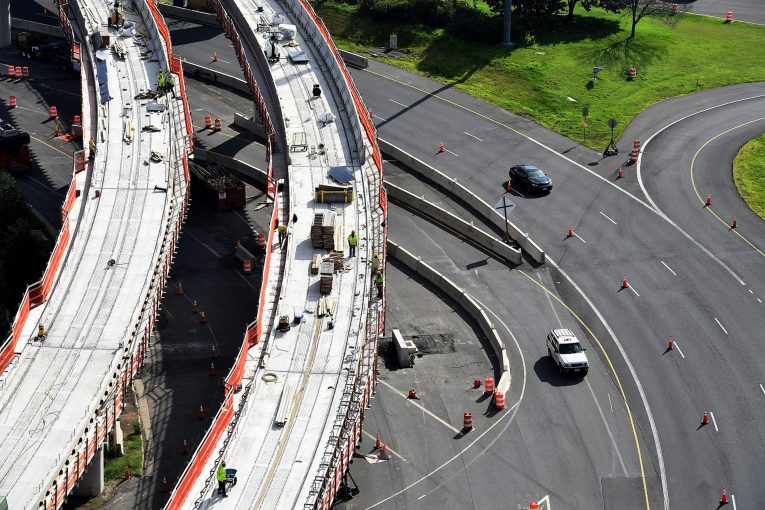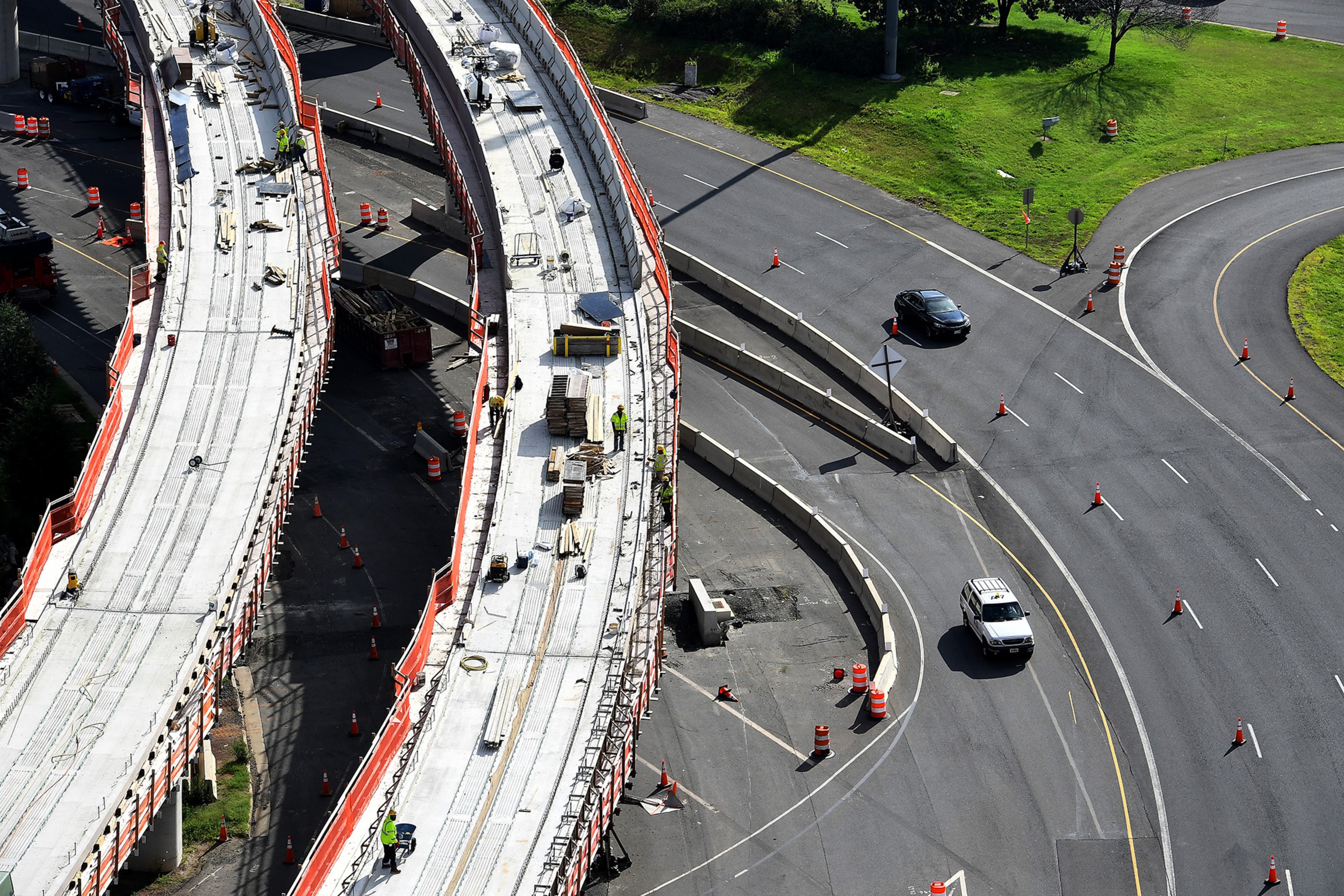

By Alex Hernandez-Zavala
American infrastructure is horrible, for lack of a better word.
It’s not only harming our economy but also public health and safety. It’s unfortunate to see the United States ignore its infrastructure problems for so long. A bill that promises to upgrade our infrastructure is too late, but a very welcome legislation.
Infrastructure alone has cost us billions of dollars.
An article by the Council On Foreign Relations stated the importance of infrastructure on the United States economy, citing Henry Petroski, who claimed, “delays caused by traffic congestion alone cost the economy over $120 billion per year. Airports are another choke point: air transportation services support 1.4 million U.S. jobs, and international tourism brings in hundreds of billions of dollars of tax revenue. But some studies have found that delays and avoided trips due to the poor state of the nation’s airports cost the economy over $35 billion per year.”
They continue with “…an infrastructure investment boost by 1 percent of gross domestic product (GDP) each year could generate $320 billion in economic output…”
Say the U.S. did invest 1 percent of its $20.93 trillion GDP. That’s $320 billion that should be prioritized on desperately needed social institutions like education and health care. This is especially because our literacy rate is currently 270 out of 500, and our healthcare system ranks 50th out of 55, according to Bloomberg.
Not only is the economic cost significant, but so is the cost of public safety.
The American Society of Civil Engineers rates the whole of U.S. infrastructure at a D+; yet, what’s more alarming are our energy and wastewater ratings, which also both rank at a D+.
This is obviously the most disturbing.
Some sewage pipes are as old as 70 years old in some cities on the Eastern side of the country. Think about it; why hasn’t the government done anything about it?
According to Forbes, there is no need to dwell on that question because the U.S. is finally addressing the infrastructure issue with a 2 trillion dollar infrastructure plan, which could pass within months.
Bloomberg reported this plan is set to fix roads and bridges, revamp our electrical grids, add charging stations for cars and even, “build lots of things not normally counted as infrastructure — housing to relieve the nationwide housing shortage, schools and other education facilities, various resources for Native American tribes, and so on.”
Finally, after decades of falling bridges, poor wastewater management and overall crumbling infrastructure, I genuinely believe this change will make America see a considerable boost in the economy.
Joseph Stigliz agrees with the sentiment. In an interview with Axios, Stigliz points out, “We’re going to be investing, spending money on education, child care, a whole variety of expenditures across the spectrum and not just giving money to the very rich but giving money to people who actually spend it.”
He also noted, “As we become more secure that we are in the path of recovery, backstops become less important, it’s easier for them to be phased out, and over time we’ll go back to more normal monetary policy, interest rates will go back to normal.”
What I’m most excited about is improving our roads.
Coming from experience, I drive a very old truck––a 1982 Mazda B2200 to be exact. Given that it’s not in excellent condition, driving it is a challenge in itself since the alignment is off-center. Pair that with cruel road conditions, and it’s near impossible to keep it driving in a straight line; every other second, I drive over a pothole, and the car reacts by taking a sharp left turn.
If I want to wake up in the morning and take my truck to the pothole-infested and cracked back roads, that’ll certainly get my heart pumping and adrenaline rushing as my life is constantly on the line.
American infrastructure has been lagging behind that of other industrialized countries for far too long. Now it’s time to reshape our economy and ensure the safety of this nation’s citizens.

Alex Hernandez-Zavala is a first-year student at UC Davis, double majoring in Psychology and Sociology. He was born in the Central Valley and raised in Salinas, California.
Support our work – to become a sustaining at $5 – $10- $25 per month hit the link:

Why we can’t have nice things: union influence on government.
Some are much older than that, in Davis. It is not an inherent problem. As long as they convey the flow, without leaking… there are well-functioning sewer pipes in Europe that are hundreds (some, a thousand) of years old.
Engineering students are required to take at least some ‘liberal arts’ classes. It’s a one-way street… lib arts majors have little clue about applied science (aka engineering) and the history thereof…
Hopefully they don’t need an engineering class to know that (sewage) water flows downhill.